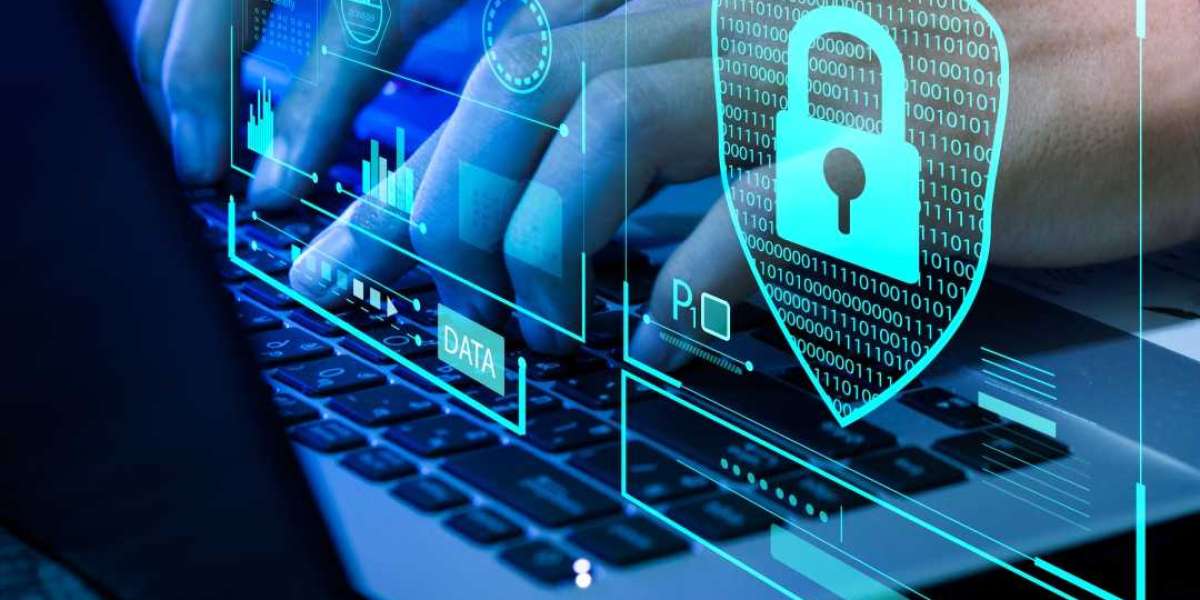- Build a Strong Foundation in Computer Science and Networking: Begin by establishing a solid understanding of fundamental computer science concepts, including operating systems, computer networks, data structures, and programming languages like Python or C++. These basics will serve as the bedrock for comprehending more advanced digital forensics techniques.
- Enroll in Online Courses or Bootcamps: Numerous online courses and bootcamps offer structured learning paths in digital forensics. These programs provide a comprehensive introduction to the field, covering topics such as data acquisition, forensic analysis, evidence handling, and reporting.
- Pursue Certifications: Consider pursuing certifications like the Certified Digital Forensics Examiner (CDFE) or the GIAC Certified Forensic Investigator (GCFE) to validate your expertise and enhance your career prospects. These certifications demonstrate your commitment to the field and provide a competitive edge in the job market.
- Practice with Open-Source Tools: Familiarize yourself with open-source digital forensics tools like Autopsy, The Sleuth Kit, and Digital Forensics Toolkit (DFTK). These tools provide hands-on experience in data acquisition, analysis, and reporting, enabling you to apply theoretical knowledge to practical scenarios.
- Join Online Communities and Forums: Engage with other digital forensics enthusiasts and professionals through online communities and forums. These platforms offer opportunities to learn from experienced practitioners, share insights, and stay abreast of the latest trends and developments in the field.
- Contribute to Open-Source Projects: Consider contributing to open-source digital forensics projects on platforms like GitHub. This involvement will expose you to real-world challenges faced by digital forensics practitioners and enhance your problem-solving skills.
- Participate in Capture the Flag (CTF) Competitions: Challenge yourself by participating in CTF competitions that focus on digital forensics. These events provide a fun and engaging way to test your skills, collaborate with others, and gain valuable experience in handling real-world forensic scenarios.
- Stay Updated with Industry Trends: Continuously monitor industry trends and advancements in digital forensics. Read research papers, attend webinars, and follow experts in the field to stay ahead of the curve and adapt to the ever-evolving digital landscape.
Remember, learning digital forensics is an ongoing process that requires dedication, perseverance, and a passion for uncovering the truth in the digital realm. Embrace the challenges, enjoy the learning journey, and contribute your expertise to make the digital world a safer and more secure place.



